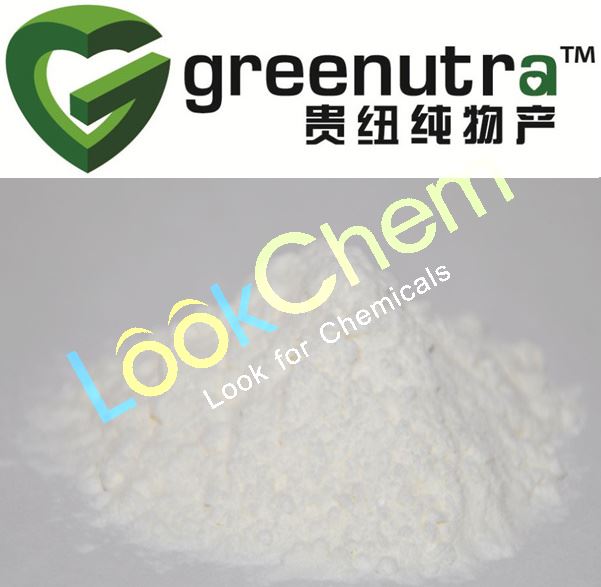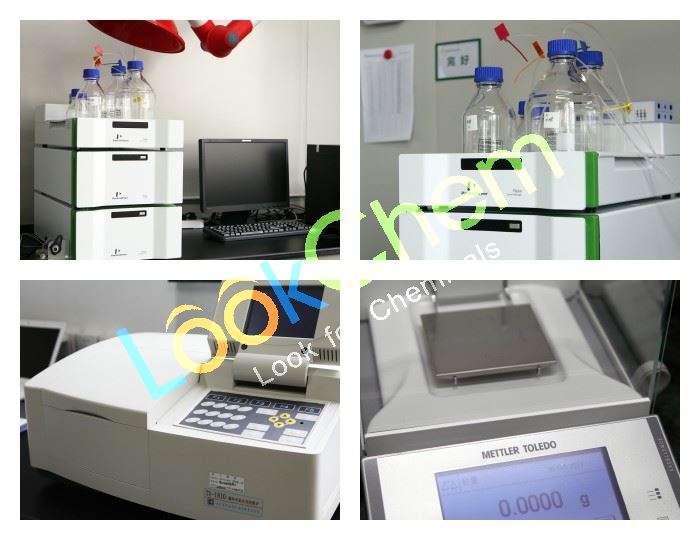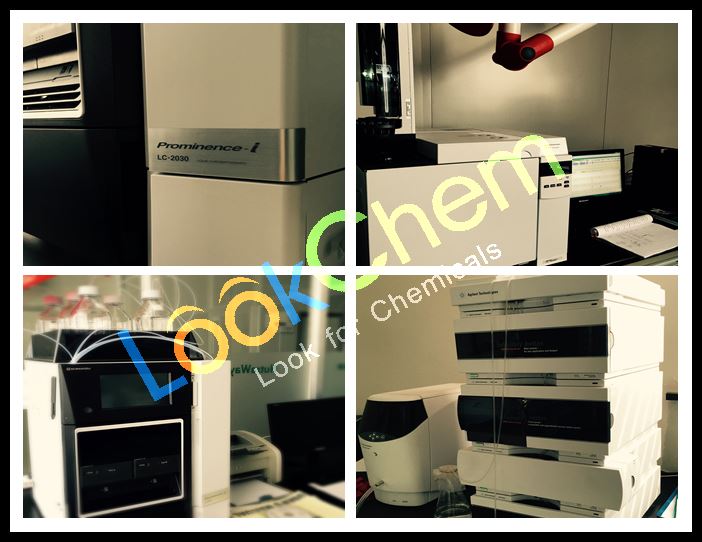Food Grade Powder Taurine CAS NO.107-35-7
- FOB Price: USD: 15.00-100.00 /Kilogram Get Latest Price
- Min.Order: 1 Kilogram
- Payment Terms: L/C,D/A,D/P,T/T,
- Available Specifications:
AAAAA(1-25)KilogramAAAAA(25-100)Kilogram
- Product Details
Keywords
- Food Grade Powder Taurine
- Taurine powder
- Taurine
Quick Details
- ProName: Food Grade Powder Taurine
- CasNo: 107-35-7
- Molecular Formula: C2H7NO3S
- Appearance: White fine powder
- Application: Nutritional health products and food a...
- DeliveryTime: 5days
- PackAge: Food grade multiplayer polyethylene ba...
- Port: Dalian
- ProductionCapacity: 500 Kilogram/Month
- Purity: 98%
- Storage: Store in a cool dry place, avoiding su...
- Transportation: DHL/by sea
- LimitNum: 1 Kilogram
- Related Substances: Taurine
- Residue on Ignition: 0.1%
- Heavy Metal: 10ppm
- Valid Period: 2years
Superiority
Taurine
Where will Taurine be used to
Taurine is essential for cardiovascular function, and development and function of skeletal muscle, the retina, and the central nervous system.
Taurine is conjugated via its amino terminal group with chenodeoxycholic acid and cholic acid to form the bile salts sodium taurochenodeoxycholate and sodium taurocholate. The low pKa of taurine's sulfonic acid group ensures this moiety is negatively charged in the pH ranges normally found in the intestinal tract, thus it improves thesurfactant properties of the cholic acid conjugate.
Taurine crosses the blood–brain barrier and has been implicated in a wide array of physiological phenomena including inhibitory neurotransmission, long-term potentiation in the striatum/hippocampus, membrane stabilization, feedback inhibition of neutrophil/macrophage respiratory burst, adipose tissue regulation and possible prevention of obesity, calcium homeostasis, recovery from osmotic shock, protection against glutamate excitotoxicity and prevention of epileptic seizures.
It also acts as an antioxidant and protects against toxicity of various substances (such as lead and cadmium). Additionally, supplementation with taurine has been shown to prevent oxidative stress induced by exercise.
Taurine has been shown to reduce the secretion of apolipoprotein B100 and lipids in HepG2 cells. High concentrations of serum lipids and apolipoprotein B100 (essential structural component of VLDL and LDL) are major risk factors of atherosclerosis and coronary heart disease. Hence, taurine supplementation is possibly beneficial for the prevention of these diseases.
Dietary taurine has a blood cholesterol-lowering effect in young overweight adults. Furthermore, body weight also decreased significantly with taurine supplementation.These findings are consistent with animal studies.
Taurine has also been shown to help people with congestive heart failure by increasing the force and effectiveness of heart-muscle contractions.
Taurine levels were found to be significantly lower in vegans than in a control group on a standard American diet. Plasma taurine was 78% of control values, and urinary taurine was 29%.
In cells, taurine keeps potassium and magnesium inside the cell, while keeping excessive sodium out. In this sense, it works like a diuretic. Because it aids the movement of potassium, sodium, and calcium in and out of the cell, taurine has been used as a dietary supplement for epileptics, as well as for people who have uncontrollable facial twitches.
According to animal studies, taurine produces an anxiolytic effect and may act as a modulator or antianxiety agent in the central nervous system by activating the glycine receptor.
Taurine is necessary for normal skeletal muscle functioning. Mice with a genetic taurine deficiency had a nearly complete depletion of skeletal and cardiac muscle taurine levels and a reduction of more than 80% of exercise capacity compared to control mice. Taurine can influence (and possibly reverse) defects in nerve blood flow, motor nerve conduction velocity, and nerve sensory thresholds in experimental diabetic neuropathic rats.
In diabetic rats, taurine significantly decreased weight and decreased blood sugar. Likewise, taurine administration to diabetic rabbits resulted in 30% decrease in serum glucose levels. According to the single study on human subjects, daily administration of 1.5 g of taurine had no significant effect on insulin secretion or insulin sensitivity. There is evidence that taurine may exert a beneficial effect in preventing diabetes-associated microangiopathy and tubulointerstitial injury indiabetic nephropathy.
Taurine acts as a glycation inhibitor. Taurine-treated diabetic rats had a decrease in the formation of advanced glycation end products (AGEs) and AGEs content. TheUnited States Department of Agriculture has found a link between cataract development and lower levels of vitamin B6, folate, and taurine in the diets of the elderly.
Taurine has been investigated in animal studies as an alternative to glucose as an osmotic agent for use in peritoneal dialysis solutions.

Details
PACKAGING

FACTORY






FAQ
If you have any question when you contact or before place an order to us, please first check the below information for reference. You can find information that can help you decide whether your product or related accessory needs service, and see what service options are available to you.




 Premiumsupplier
Premiumsupplier


